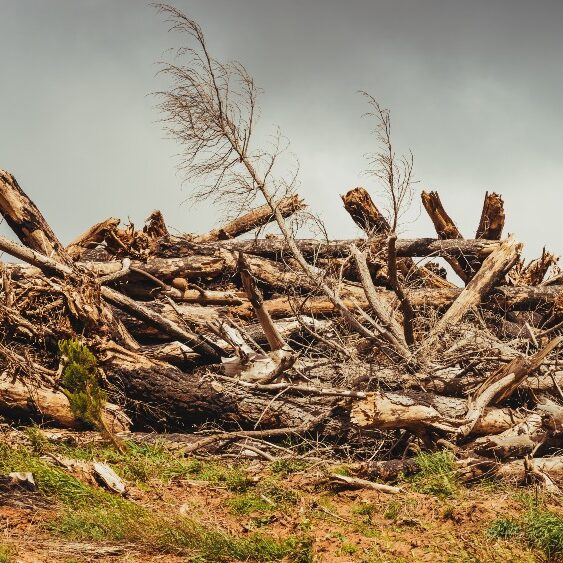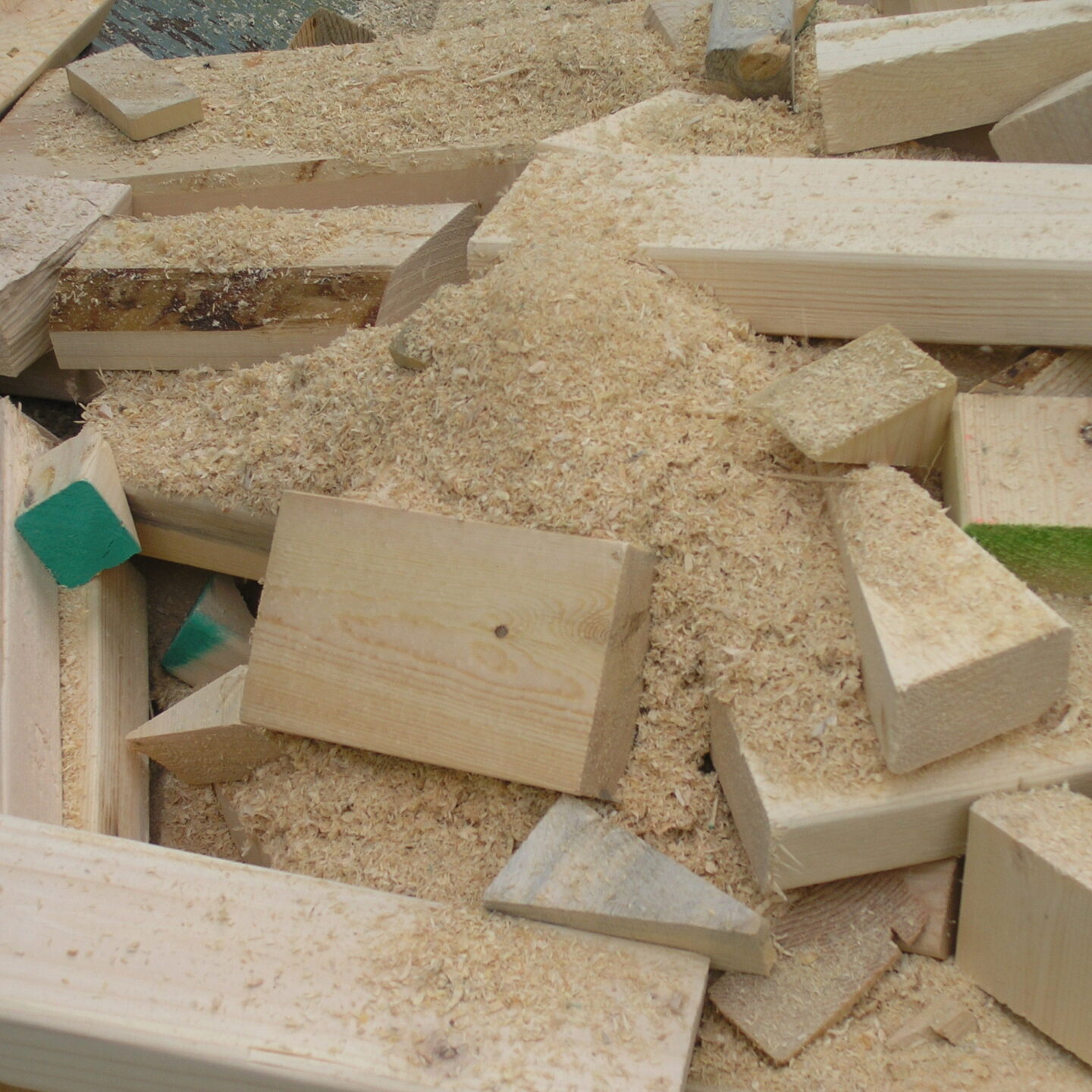
Wood Energy Recycler’s Origins
“Our failures are a consequence of many factors, but possibly one of the most important is the fact that society operates on the theory that specialization is the key to success, not realizing that specialization precludes comprehensive thinking”.
-R. Buckminster Fuller
In the late 1970s, I had an internship with R. Buckminster Fuller who encouraged me to think of the earth as a spaceship with limited resources on board. He argued that every generation has a responsibility to prolong the longevity of those limited resources for future generations. His thinking deeply resonated with me then and it still does now. Wood Energy Recyclers (WER) was formed to raise awareness about and bring change to what is currently happening to wood after it is cut. Living trees get the credit they deserve in a world striving for sustainability. Dead trees do not. WER’s mission is to change that.
The Buckminster Fuller internship led to an early journey focused on energy conservation. In 1983, I got a Masters's from Tufts University in Urban and Environmental Policy with a thesis on “Utility Financed Energy Conservation”. In 1985, I started selling industrial wood energy equipment to industries that produced wood residue. I spent the next 33 years selling wood boilers and furnaces, including 20 years co-owning Biomass Combustion System LLC.

During my career, I saw a lot of wood residue wasted. I am proud that the equipment I sold brought value to so much wood residue. Many of my customers heated their facilities with their wood residue, saving both heating and disposal costs. Some of my customers used wood heat for year-round process applications. All of them reduced their fossil carbon emissions by burning this residue.
With an eye for “available wood” as a market to sell into, my career has shown me the diversity of supply and the absurdity of its current value. My interest is in bringing value to wood and am seeking your help in that effort.
Background
In the late 1980s, air quality regulations were relaxed. Many of my customers would burn wood on a year-round basis, venting unwanted heat to the atmosphere in the summer because the avoided cost of disposal paid for the furnace. Around 1990, all that changed when these systems were considered “incinerators” when the heat was not being used, and the cost of compliance with “incineration” regulations killed that (retrospectively) wasteful market.
About the same time emissions from residential wood-burning furnaces, which were designed around simplicity rather than combustion efficiency, began getting regulatory attention. Over the last 30 years, I have watched the wood heating industry come under ever-increasing regulatory requirements without any comprehensive thinking about the highest and best use of wood residue. We have specialization in wood residue production and disposal. The result of current wood residue siloed production is wasting carbon and draining financial resources from communities. This Website is seeking support for rethinking how we handle wood residue to increase its value on our “spaceship earth”. Wood Energy Recyclers is what I want people to become. I do welcome your feedback, and of course, your political support for a statewide wood residue inventory and discussion on its best use.